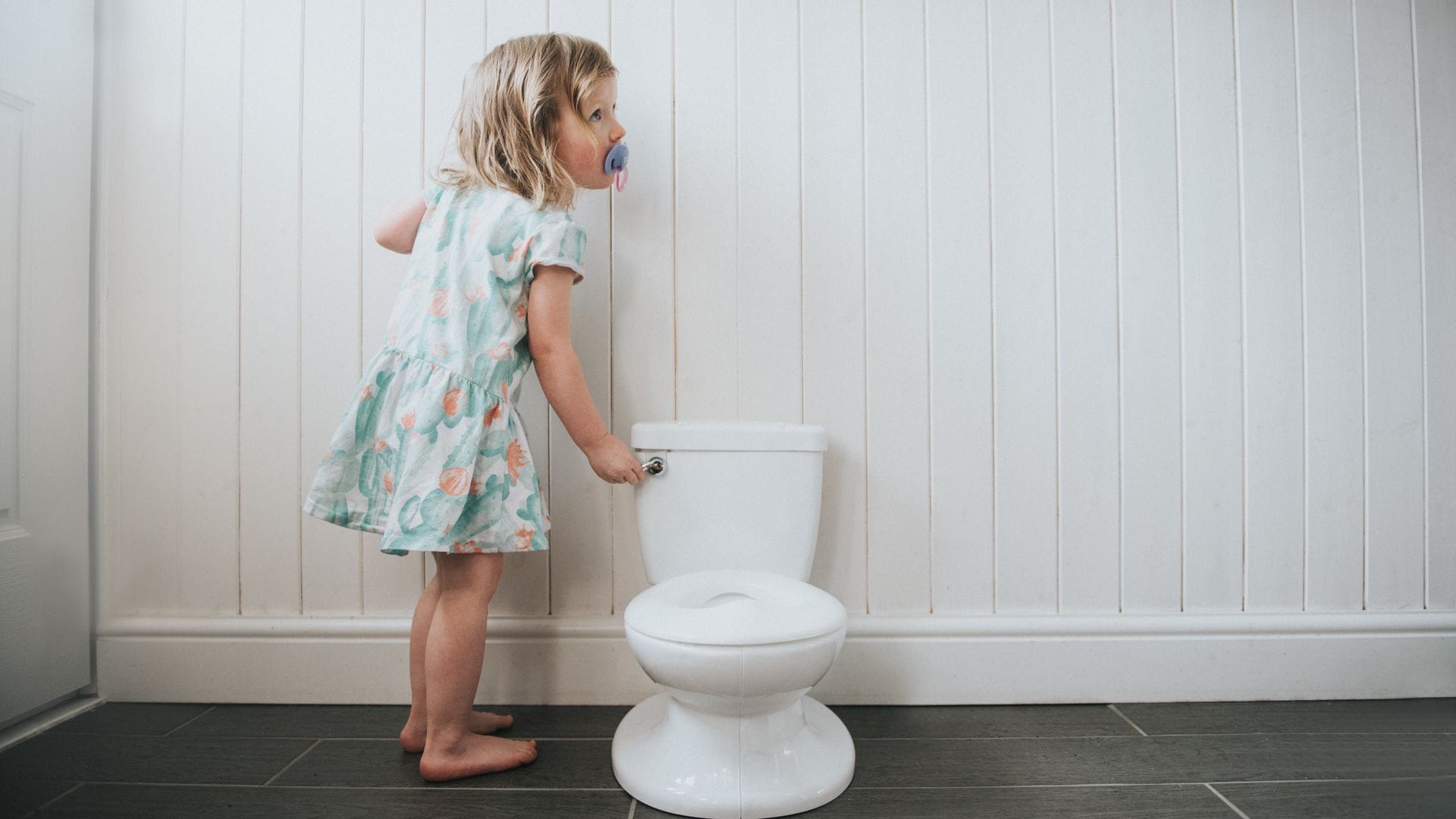Potty training is one of those big milestones every parent both looks forward to and secretly dreads. It marks the end of endless diaper changes and the start of a little independence for your toddler. But how do you know if your child is actually ready?
The truth is, readiness isn’t about age alone; it’s about cues. Some toddlers show signs early, while others take their sweet time. The trick is learning to recognize those signals so you can set both yourself and your little one up for success. Here’s what to watch for.
Your Toddler is Ready to Be Potty Trained If...
They Stay Dry for Longer Periods
If you notice your toddler’s diaper is staying dry for at least two hours during the day, it’s a strong clue that their bladder is maturing. Staying dry after naps is another good sign. This shows they’re developing the physical ability to control their bladder.
They Show Interest in the Bathroom
Curiosity is huge. If your toddler follows you into the bathroom, asks questions about the toilet, or wants to flush it themselves, it’s their way of signaling interest. Some toddlers may even want to sit on the potty “just like mommy or daddy,” even if they’re not fully ready yet.
They Dislike Dirty Diapers
Toddlers who are ready for potty training often start protesting diaper changes. They might tug at a wet diaper, point out when they’ve gone, or even ask to be changed immediately. This growing awareness of being wet or dirty is a great indicator that they’re beginning to connect the dots.
They Can Communicate Their Needs
Potty training requires communication, whether verbal (“I need to go!”), nonverbal (pointing, crossing legs), or even a made-up potty word. If your child can express when they need something or when they’ve already gone, it means they’re moving toward readiness.
They Can Follow Simple Instructions
Being able to understand and act on directions like “sit down” or “get your shoes” is essential. Potty training involves a series of steps—going to the potty, sitting, wiping, flushing, washing hands—so a toddler who can follow instructions will handle the process much more smoothly.
They’re Physically Ready
Climbing onto a small potty or pulling pants up and down are important skills for potty training. If your toddler is developing coordination and independence in these areas, it’s a sign they’re ready to try.
They Show Pride in Being Independent
Toddlers love declaring, “I do it myself!” If your child is eager to take on tasks without help, it usually translates to potty readiness, too. Potty training gives them another chance to feel grown up, and that motivation can work wonders.
Every child’s timeline is different. Some kids are ready as early as 18 months, while others may not get there until closer to 3 years old. What matters most is watching for these signs rather than racing against the clock. Starting too early can backfire, but starting when your toddler is truly ready sets the stage for a smoother, more positive experience.
Think of potty training as teamwork. Celebrate small wins, stay patient during setbacks, and remember, it’s not a race, it’s a milestone.
Modern Mami is a parenting and lifestyle column by ¡HOLA! Senior Writer Shirley Gómez, a Latina millennial mom raising a toddler. Focused on the realities of modern motherhood through a Latina lens, the column covers topics ranging from wellness and culture to parenting tips and expert advice.
